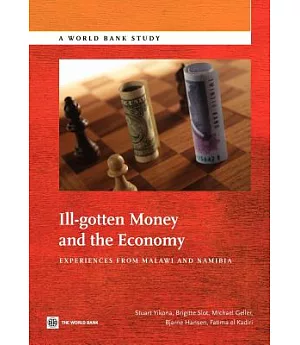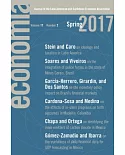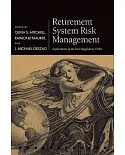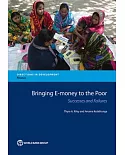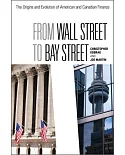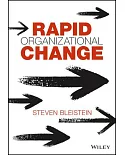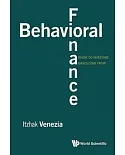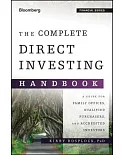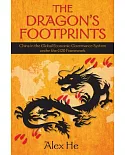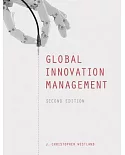Many developing countries have introduced policies to tackle ill-gotten money over the past years. Perception remains that such moves were more a result of international pressure being
exercised than genuine ownership of such an agenda. There is not enough analysis and literature of how an anti-financial crime framework does (or does not) contribute to the development path of
developing countries ��or how best to use these tools in a developing country environment. This study was aimed at initially exploring the effects of ill-gotten money or proceeds of crime and
anti-money laundering policies on economic development. The study focused on two developing countries: Malawi, (a low-income country) and Namibia (an upper-middle-income country). The starting
point of this analysis is that anti-money laundering is essentially a tool to address criminal activities ��and that, as a result, understanding criminal activities and how proceeds of crime
impact development. The purpose of this study was: (i) to provide an initial answer to the question if and how measures to address proceeds of crime contributes to economic development; and
(ii) to develop a framework that enable governments in developing countries to analyze the main sources of ill-gotten money and its effects on the economy.

